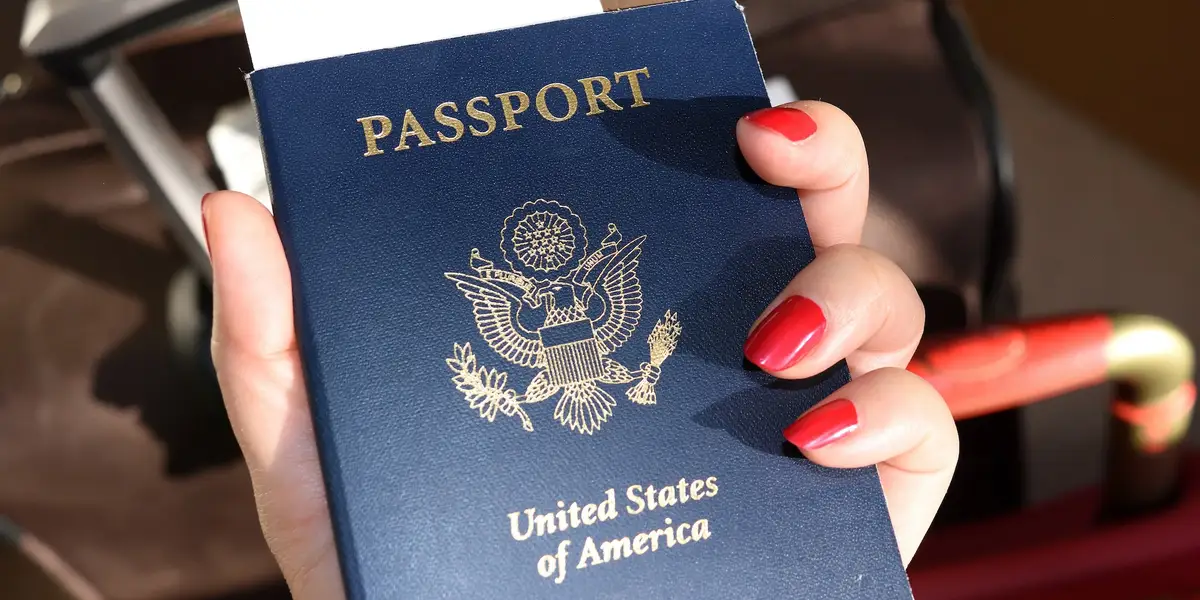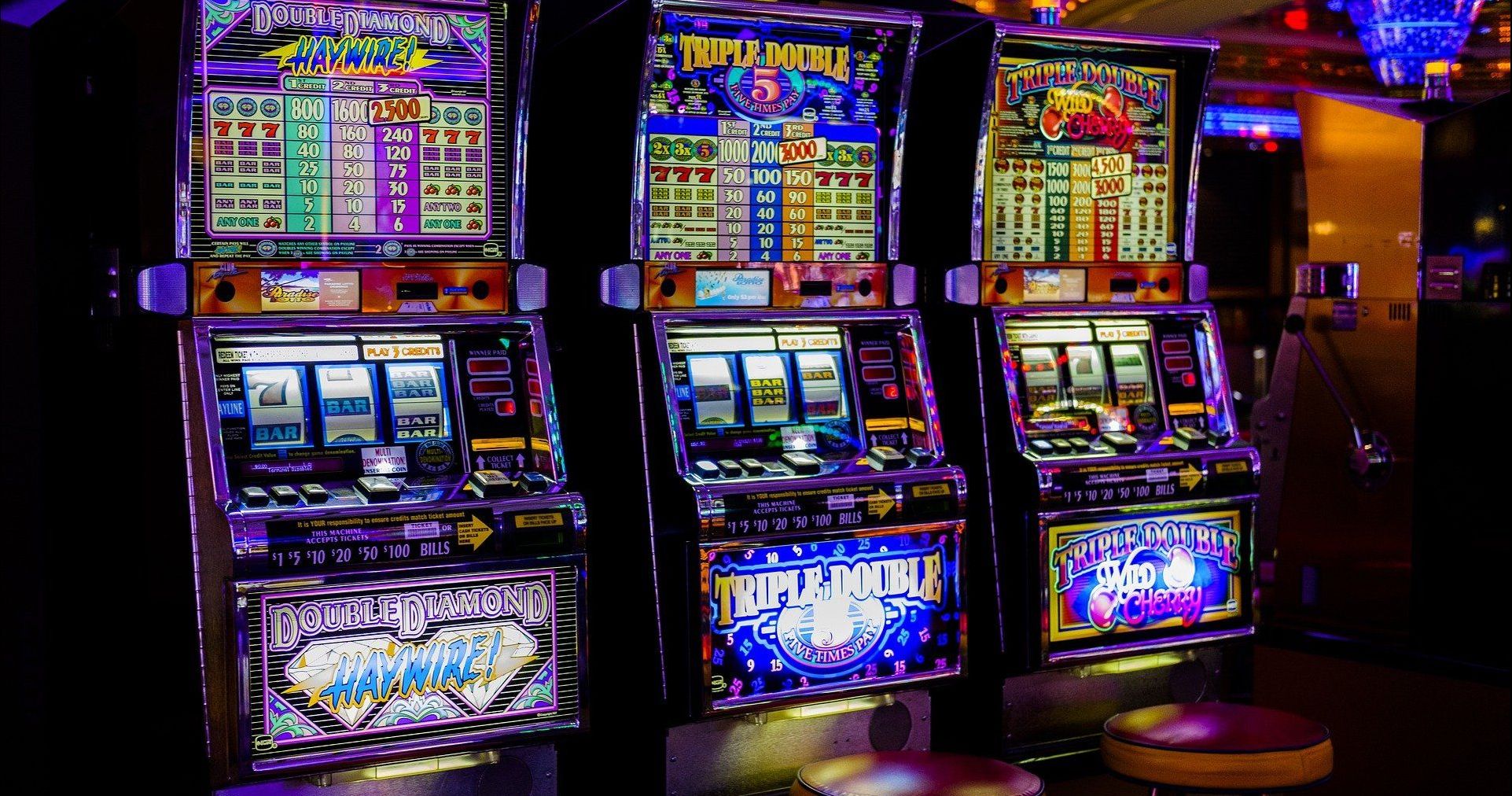Understanding When Casinos May Withhold Your Winnings
Casinos are among the most heavily regulated businesses in the United States, operating under strict federal, state, and sometimes tribal rules. While most casino payouts proceed smoothly, certain legal and regulatory requirements can occasionally result in a casino delaying or refusing a payout. In most instances, these issues are temporary and simply require additional documentation. However, there are also more significant situations where a casino is legally unable to pay certain players.
Let’s examine the key reasons why a casino might withhold your winnings, and what you should know to avoid common pitfalls.
Required Identification: A Non-Negotiable Rule
To collect your casino winnings, especially substantial amounts, you must present valid government-issued identification. Casinos do not set these requirements themselves; they are bound by state and federal laws designed to prevent underage gambling and fraud. Importantly, the legal gambling age differs by state. For instance, even if gambling at 18 is permitted in your home state, another jurisdiction like Nevada may require you to be 21.
A memorable example involves a 19-year-old in the 1980s who hit a million-dollar jackpot on the Las Vegas Strip but was denied payment because he was underage according to Nevada law. Such incidents serve as a reminder that regulations are strictly enforced, regardless of publicity or circumstance.
Federal regulations are also clear: a valid, unexpired ID is mandatory for slot machine jackpots over $1,200 and table game cash-outs exceeding $10,000. Even a recently expired ID, or leaving your identification at home, can result in your payout being placed on hold until you provide documentation that verifies your identity and age.

Regardless of how familiar casino staff are with you, payouts are not possible without compliant identification. This apolitical rule helps prevent fraud and ensures casinos fulfill their legal obligations.
How the Gambling Intercept Program Can Affect Payouts
Another reason you might not receive your winnings immediately is due to the Gambling Intercept Program. This is a collaborative initiative among federal, state, and tribal authorities. Its primary purpose is to collect outstanding debts, such as unpaid child support, directly from gambling winnings before the funds reach the player.
Currently, over a dozen states and numerous tribal casinos participate in this program. The process is automated; after a jackpot or large win-generally $1,200 or more for slots-your information is checked against government debt databases. If your name appears on one of these lists due to unpaid obligations like taxes, fines, or support, the winnings may be withheld until the debt is resolved.
Sometimes, these databases contain errors or outdated information, resulting in mistakenly held funds even after a debt was already settled. In these circumstances, the casino cannot override the system or process your payout, regardless of the documentation you might provide. Any disputes or corrections must be addressed through the appropriate government agency or tribe.
It’s important to note that not all gaming states use this program. For instance, as of 2023, Nevada casinos are not required to participate, citing logistical and privacy concerns.
Implications of Self-Exclusion Lists
Self-exclusion programs allow individuals to voluntarily ban themselves from entering casinos for a set period-often one year, five years, or even permanently-to help manage gambling addiction. Each state administers its exclusion list differently, and some tribal authorities maintain separate registries.
While the intention is to support those with gambling problems, there are significant legal consequences for violating a self-exclusion agreement. If an individual is found gambling while listed as excluded, the casino must deny any payouts. Depending on local regulations, the winnings may be confiscated by the state, and repeat offenders can face arrest for trespassing.
Another aspect to consider is that many casino chains with properties in multiple jurisdictions may enforce bans across all their venues. For example, someone on a self-exclusion list in one state could also be barred-without advance notice-from casinos operated by the same company elsewhere. The restriction may only become apparent after a significant win, which can then result in a denial of payout.
Typically, casinos flag players’ accounts across their network. If you are unsure about your status, it’s wise to contact the destination casino beforehand to clarify and avoid unwanted surprises.
Machine Malfunctions: When Technical Errors Void Winnings
Slot and gaming machine malfunctions, while rare, can also prevent payout. Occasionally, machines display incorrect jackpot amounts-sometimes impossibly high-due to software glitches or display errors. For instance, a common malfunction may erroneously indicate a “win” of over $42 million, far beyond the actual top prize for that machine.

Such errors can stem from:
- Software or display malfunction
- Mechanical wear or improper reel installation
- Electrical or hardware failures
Unfortunately, longstanding court rulings consistently uphold the casino’s right to void any payout resulting from a machine malfunction. According to case law, messages or figures displayed in error on a machine are not enforceable “promises” of payment. Casino policies and posted rules typically warn that “malfunctions void all pays and plays,” and legal attempts to challenge this seldom succeed.
Why Someone Else Cannot Claim Your Casino Jackpot
In situations where a winner lacks valid documentation or has concerns about debt collection, they may consider having another person claim their prize for them. This is illegal in most jurisdictions and, if discovered, often constitutes a felony. Casino surveillance and strict documentation requirements make such attempts extremely risky and almost always result in not only forfeiture of the winnings but also criminal prosecution.
Payouts over $1,200 are always subject to detailed verification through surveillance footage and identification checks, making any attempt to circumvent these rules a serious offense.
Takeaway: How to Ensure a Smooth Casino Payout
Casinos operate under strict regulations that compel them to follow the letter of the law when paying out winnings. The majority of payout delays or denials can be prevented with extra attention to documentation and regulations:
- Always carry valid, unexpired government-issued identification
- Be aware of any unresolved legal obligations, such as unpaid child support or taxes
- Know your status regarding self-exclusion lists before entering a casino
- Understand that technical errors on gaming machines can void stated winnings
By following these practical steps, you can greatly reduce your risk of encountering payout issues. In the rare event of a malfunction or regulatory dispute, remember that casino staff are typically following legally mandated procedures, not acting out of malice. Staying informed and compliant is the best way to ensure you can collect your winnings without unnecessary delays or complications.













